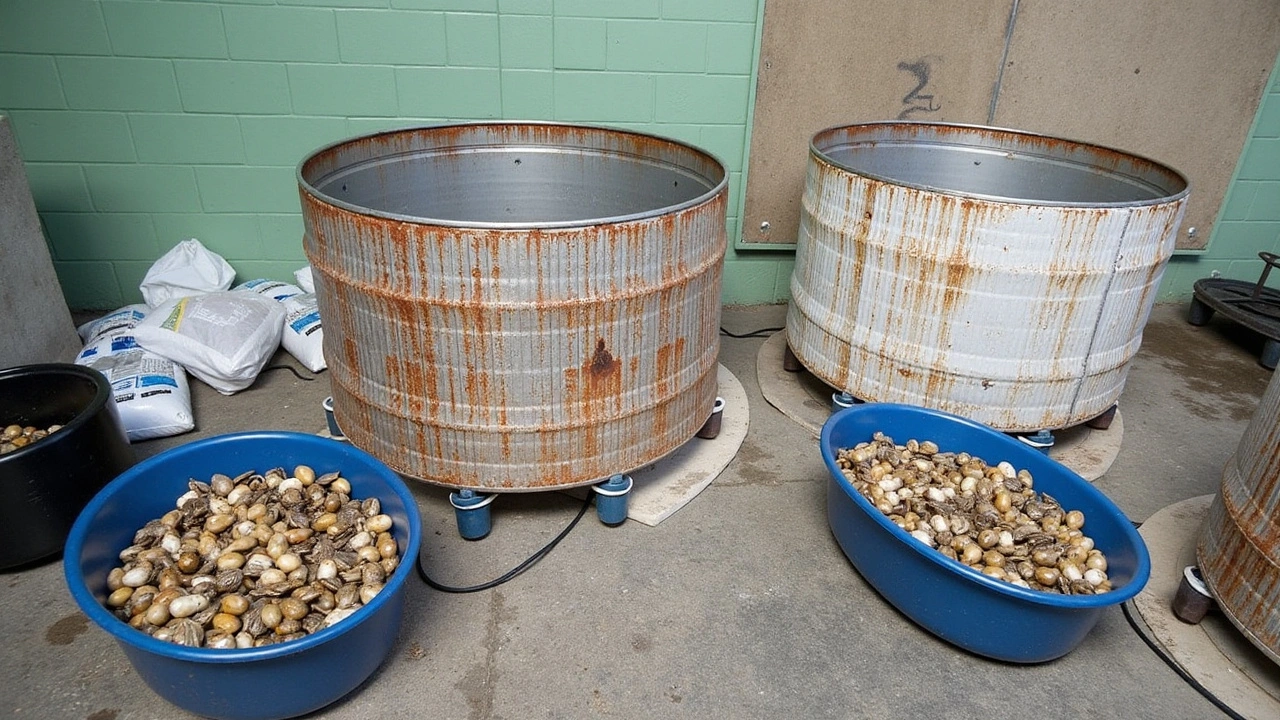Smuggling Crypto: Risks, Tactics, and Prevention in Africa
If you think smuggling only involves drugs or weapons, think again. Today criminals move value through code, not crates. Crypto smuggling is the practice of hiding, routing, or disguising digital assets to avoid taxes, sanctions, or law‑enforcement detection. In Africa, where mobile money and crypto adoption are booming, the temptation is huge. Understanding how it works helps you protect your wallet and your community.
How Smuggling Happens in the Digital World
First, smugglers use mixers or tumblers. These services take your coins, blend them with many others, and send you fresh coins that have no clear link to the original source. To a casual observer, the transaction looks clean, but a forensic analyst can often trace the flow if they look hard enough. Second, they exploit weak KYC (Know‑Your‑Customer) rules on new exchanges. By opening multiple accounts with fake IDs, they can move large sums across borders without raising flags.
Another trick is using privacy‑focused coins like Monero or Zcash. These assets hide sender, receiver, and amount by design, making traditional blockchain analysis almost useless. Smugglers also hide funds in smart contracts that appear to be legitimate DeFi projects, then pull the money out once the platform gains trust. Finally, peer‑to‑peer platforms and social media groups allow direct trades that bypass any regulatory oversight. A simple DM can start a multi‑million‑dollar smuggling route.
What You Can Do to Protect Yourself
Watch the red flags. If a platform asks for unusually low fees, promises instant “untraceable” transfers, or pushes you to use obscure wallets, step back. Stick to exchanges that enforce strong KYC and AML (Anti‑Money‑Laundering) policies. Keep your own transaction history organized; tools like crypto tax apps can flag suspicious patterns you might miss.
Educate yourself on the basics of blockchain forensics. Even a quick glance at a transaction on a block explorer can reveal if the address has been linked to known illicit activity. When you hear rumors about a “new mixer” that’s “totally safe,” remember that the safest mixers are the ones that don’t exist.
Finally, support local regulators and industry groups that push for clear guidelines. When Africa develops consistent rules for crypto, the market becomes harder for smugglers to hide in the shadows. Your voice matters – comment on policy drafts, attend webinars, and share reliable information with friends.
Crypto smuggling isn’t a myth; it’s a real threat that can wash away legitimate gains. By staying alert, using reputable services, and demanding better oversight, you help keep the crypto space clean and open for everyone.
Major Abalone Trafficking Bust Uncovered in Cape Town Storage Facility by Tactical Response Team
The arrest of three individuals at a Cape Town storage facility marks a significant victory in the fight against illegal abalone trafficking. The operation led to the seizure of a large quantity of abalone, illuminating ongoing efforts to curb the illegal trade of marine resources in South Africa. The suspects include a Chinese national and two Zimbabweans, highlighting the international scope of these crimes.
